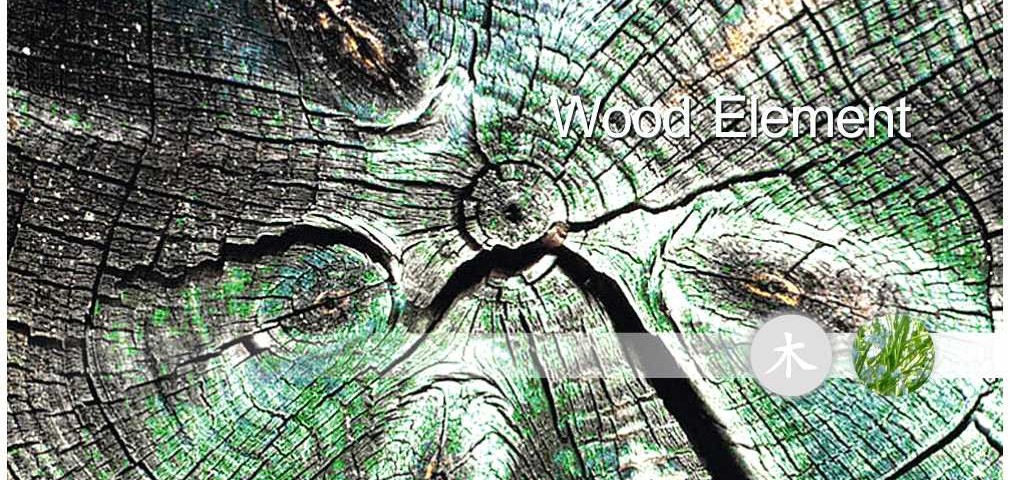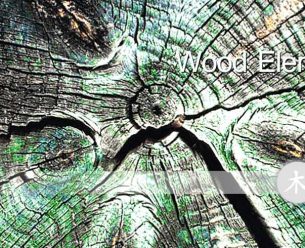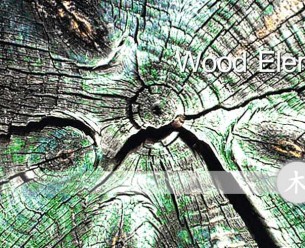Acupuncture for Painful Periods
Having looked at the ideal cycle in the last piece, we are now going to begin to look at the way in which things can go off track.
Specifically, this time we are going to discuss Dysmenorrhoea – otherwise know as Period Pains.
According to Acupuncture differentiation there are four major causes of period pains:
- Stagnation of Qi
- Stagnation of Blood
- Stagnation of Cold
- Qi and Blood Deficiency
Let’s look at these in turn.
- Stagnation of Qi.
In this case there is likely to be bloating and some pain before or during the period that classically comes in waves or cramps. Pain will usually be across both sides of the abdomen and will be relieved by massaging the area. If the Kidneys are involved there will also be backache. If the Liver is involved (which it is usually in this case) there may also be breast tenderness, pain referring to the groin and irritability or mood swings. Symptoms will also be exacerbated by stress. In this case, the blood is slightly dark and there may be some small clots. The period will usually start with dark red or brown spotting. This syndrome can also be associated with a slightly irregular cycle. - Stagnation of Blood.
This pattern is a more severe form of the one above and usually develops out of untreated Qi stagnation. The symptoms are similar but more extreme. Therefore, there is severe pain before and during the period. This can be fixed in one place and continuous and often has a boring or stabbing quality. Classically, the pain is in the mid to low abdomen, and it will be worse with pressure on the area. There may also be bloating, but the pain will predominate and may radiate down the legs. Again, the period may start with dark spotting and although the pain usually begins to ease a little when the flow starts it may continue the whole way through the period. The blood in this case will be dark, thick and stick and contain some large clots. It may also be very heavy or if it is so stagnant as to obstruct the flow it may be light. If the Liver is involved (which again it often is) there may be outburst or anger or rage, depression and nightmares. Again all symptoms will be worse with emotional stress. - Stagnation of Cold.
With this case the pain again, tends to come before or during the period. This is because in all these syndromes the flow of Qi and Blood is backing up and causing problems. The distinctive aspect of Cold Stagnation is the quality of the pain. Cold pain is contracting and ‘vice-like’. Some people describe it as gripping, twisting or tight. Cold pain will also be alleviated by heat – so that means direct heat like a hot water bottle or hot or spicy food. If the stagnation is severe it can again continue for the whole period. In this case the patient is also likely to feel more cold than usual during their period and will probably have a general propensity to feel the cold. The blood may again be dark or even black and there will likely be some clots. Stagnation of Cold can make the periods late, but the flow is more likely to be light than heavy. - Qi and Blood Deficiency.
With this syndrome the pain is more likely to occur towards the end of the periods. It will be less severe and more of a sporadic dull ache. It will be better with massage and may be felt in the abdomen or back (which indicates Kidney involvement.) Usually, there will also be tiredness, lethargy and possibly fearfulness and emotional vulnerability. In this case the blood is pale, dilute and possible even watery. Usually the flow will be scanty and short, but if deficiency of the Spleen is leading to it failing in its role of holding the blood, there may be a profuse flow of light red blood. Qi and Blood Deficiency can also lead to irregularities in the cycle, either shortening, lengthening or making the periods of variable lengths. If Blood Deficiency is extreme the periods can stop all together.
Treatment
So what to do if you suffer with any of these conditions?
Obviously, acupuncture can be helpful, but there are other things you can do to improve the situation.
For stagnation, the best course of action is movement – whatever you most enjoy – yoga, aerobics, dancing, swimming, walking anything that gets your heart and muscles moving will help to move the Qi and Blood. However, don’t forget inverted yoga poses are not to be done during the period so hold back on the hand stands for a week!
If Cold stagnation is a problem, again exercise is great, but also be careful not to get cold, particularly around the abdomen and the lower back and particularly during and before the period. The Chinese actually attribute this problem to getting cold during the period as an adolescent, especially through activities like swimming. The explanation is that the uterus is more vulnerable to cold during this time. (Both the period and the Springtime of youth) Be mindful of this if swimming is your chosen form of exercise. Keep warm, dig out your hot and a water bottle, add more chillies, ginger, black pepper and cinnamon to your diet than usual (Warning – Don’t over do it – this is a balancing act remember!)
If you suffer more with the deficiency syndromes don’t do too much physical exercise, your system is more than likely already doing enough – stick to gentle stretching and energy work like yoga and tai chi. Boost your diet with blood building foods like dark green leafy veg, beetroot and red meat or liver. If you don’t want to eat meat you could also try black strap molasses (get the organic one) or an iron tonic such as Floradix.
We can see from these conditions that the deviation from the norm in most cases of period pain is stagnation in some form or other. This is not so surprising when you think about what causes stagnation… Stress.
The Chinese concept of stress is what happens, either physically, emotionally, or spiritually when things do not proceed in the way we have planned. The Liver is the General in charge of logistics and let’s face it, our Western modern way of living tends to be fairly focused on plans…
Couple that with the fact that every other person around us has their very own plan, that does not take us into account, and you are going to end up with a fairly large dose of stagnation!
One thing to try and remember is that even though plans are great – the eyes (that are also controlled by the Liver) help to keep us focused on our vision of where we’re going and why – but in order to stand the test of time trees also need to be able to bend and sway…
In the next blog of this series we will look more closely at Amenorrhoea or Scanty periods
But for now enjoy the sunshine!




